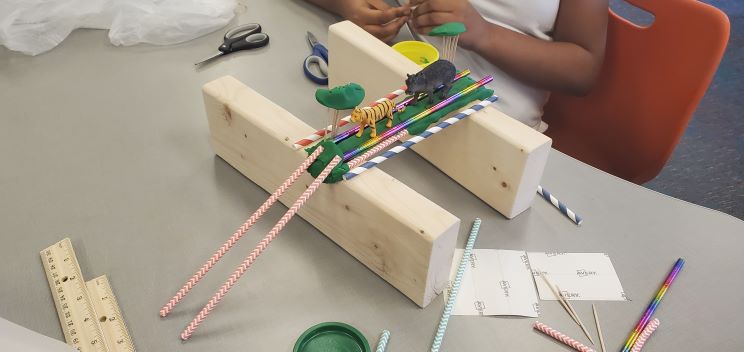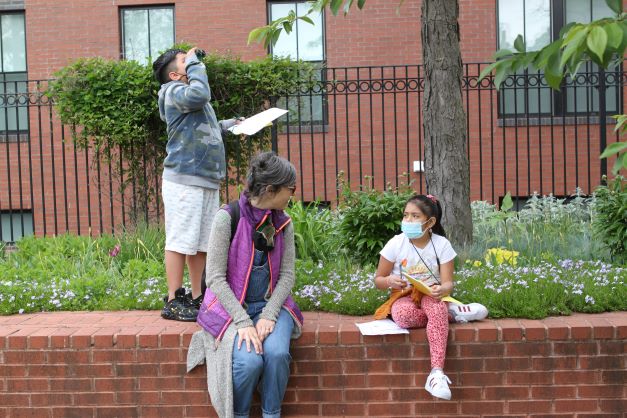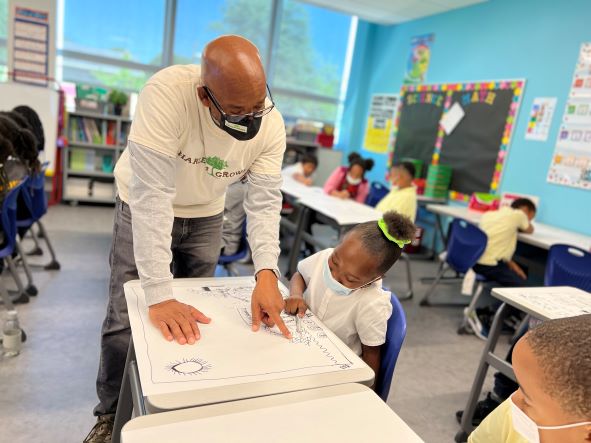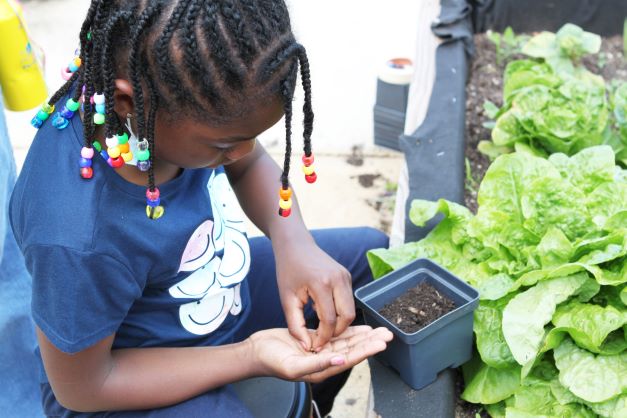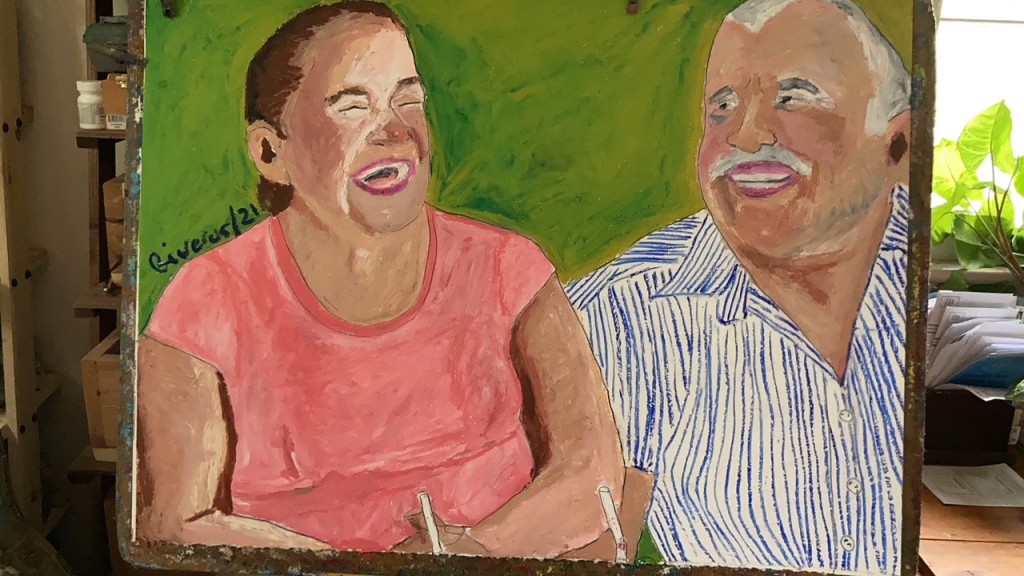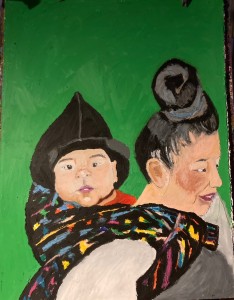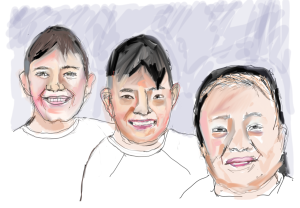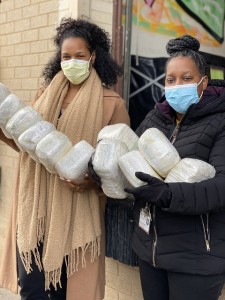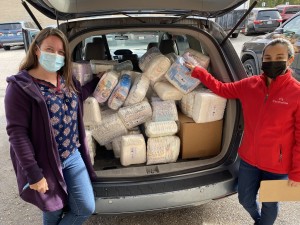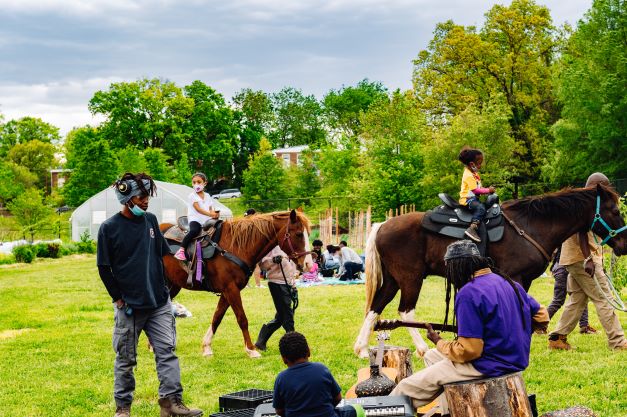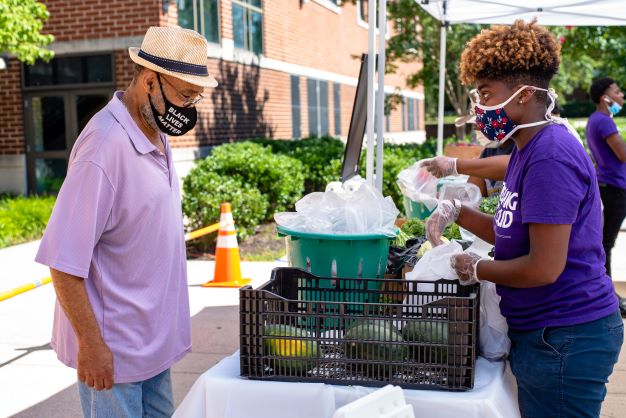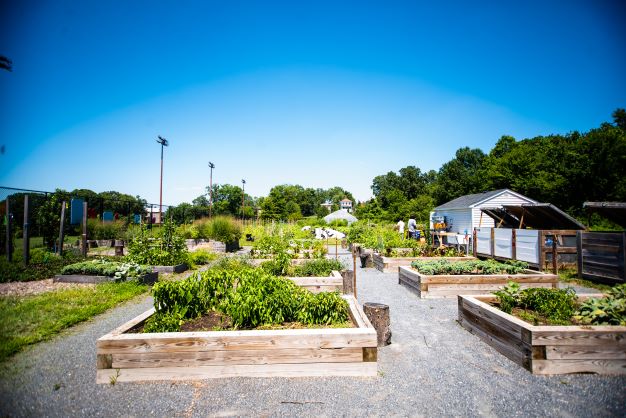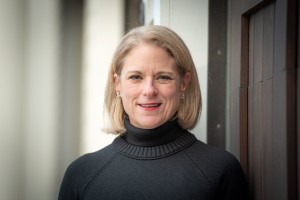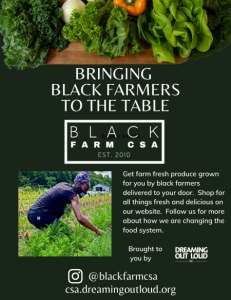Local Nonprofit Bulletin
4.15.22
Philanthropic resources, news from small nonprofits in the DMV, upcoming events, and now a brand-new volunteer roundup! Have questions or an opportunity you want featured? Reach out to Amanda, our Communications and Marketing Coordinator, for shoutouts and collaborations!
DC Emancipation Day
Tomorrow is the 160th DC Emancipation Day. Every April 16th, the District commemorates the DC Compensated Emancipation Act of 1862, which ended slavery in Washington, DC, freed 3,100 individuals, reimbursed those who had legally owned them, and offered the newly freed women and men money to emigrate.
Tonight at 6:30 PM, gather for a “Remember the Pearl” Walk to the SW Wharf. On this same night in 1848, 77 men, women, and children who were enslaved by prominent families in the District made their way to the river to board a schooner called “The Pearl.”
Tomorrow at 11:00 AM, the African American Civil War Memorial Museum will read the names of the 3,100 persons freed by the DC Compensated Emancipation Act. Afterward, the SW Freedom Fest begins at 1:00 PM and Mayor Bowser’s parade and concert starts at 2:00 PM.
DC Vote is hosting the DC Emancipation Day Activation, starting at 11:00 AM tomorrow at Rock Creek Park and ending at 8:00 PM on 14th and U.
You can also join Black Georgetown at 11:00 AM tomorrow at the Mount Zion and Female Union Band Society cemeteries in Georgetown, where they will honor the ancestors with a Cameroonian Libation Ceremony and reflections by Rev Yearwood of the Hip Hop Caucus, as well as offer walkabout tours.
Read more about the history of DC Emancipation Day, explore The People’s Archive at the DC Public Library, and browse resources from the DC History Center’s Context for Today collection.
Shoutouts
“Black Flute questions outright how, or if, opera can do anything to contribute to the fight for the rights of Black people,” Shantay Robinson wrote in the Washington City Paper. Produced by the IN Series, Black Flute tells the story of Queen of the Night and her daughter, and was filmed throughout DC. You can catch it online via their streaming platform through June.
Through the Opportunities Neighborhood (ON) – Crossroads program, led by Second Story, Fairfax County residents have access to resources for more help, such as getting food, COVID-19 vaccines, and financial literacy training. “The community truly came together,” Ebony Belt, Strategy Director for ON at Second Story, told Annandale Today.
We’re excited to hear Avodah and its recently formed employee union’s joint announcement of its staff’s affiliation with the Washington-Baltimore News Guild, and that the union received full voluntary recognition from senior leadership!
Along with groups like Cities United and March for Our Lives, the DC Justice Lab has developed a new tool to help ensure solutions to gun violence are centered in equity. “You still see a situation where Black people are experiencing the brunt of harsh law enforcement tactics with a goal purportedly of reducing gun violence,” Dr. Bethany Young, Deputy Director of the DC Justice Lab, told the Washington Informer. “But if they narrowly tailored it as we noted in the report, they can address the problem of gun violence in communities feeling the impact.”
Unhoused and formerly unhoused people, most of them associated with Street Sense Media, voice their perspectives to DCist on the shootings of unhoused people last month. Donte Turner, who has written extensively about the intersections of violence and public policy, shared that “This is what we go through. The police, the government, they don’t give a damn about us. They look at us as if we’re the problem.” Robert Warren, Street Sense Media discussion leader, adds that “You can look at it like if we were actually housing people… they wouldn’t have been killed.”
Join the DC SAFE Bookshelf, a new virtual book club, and participate in discussions about systems advocacy and domestic violence! This month’s book club pick, Perversion of Justice: The Jeffrey Epstein Story by Julie K. Brown, was recommended by the Network for Victim Recovery DC.
“Educators have the most important job in the world: creating ways for every child to thrive in learning,” Rashaida Melvin, Satellite Program Director at BUILD, co-wrote in one of Educational Leadership‘s most popular articles of 2021. “Building teacher efficacy directly impacts student growth, but to do this we must break down some of the myths surrounding teacher coaching and effectiveness.”
From bodies and accessibility to caring for yourself in a crisis, explore the broad landscape of healthcare through an interdisciplinary lens with Healwell‘s podcast.
Story Tapestries was recently featured in Philanthropy News Digest! Founded in 2010, Story Tapestries helps partners build self-sufficient, sustainable arts-based programs; increases access to arts integration programs for high-need communities; and is a resource for arts integration in education and community development.
Learn about Ward 7′s past, present, and future with a sharp focus on the climate emergency and its intersectionality with systemic racism through Down to Earth, a creative project partnership with Kenilworth Aquatic Gardens, Caandor Labs, and Capital Fringe.
Know a young playwright aged 14-24? Encourage them to apply for Young Playwright’s Theater’s new script development program, Young Playwrights in Progress! Applications are open on a rolling basis.
Events
April 14 – June 11 | McLean Project for the Arts Spring Solos Exhibition
April 18 – June 20, Mondays from 4:00 – 6:00 PM | Youth Speaks Poetry! After School Opportunity
April 19 | NAKASEC x UndocuGW presents a conversation on Asian Americans & Undocu Organizing
April 21, 12:00 – 1:00 PM | The ACT Initiative presents “A Deeper Look at Second Chances”
April 22 – April 30 | IN Series x DPR Spirit Moves Workshops
April 23 | National Cannabis Festival’s Policy Pavilion
April 23 | Sitar Arts Center’s Salon Dialogue: “Createwell”
April 23, 10:00 AM – 2:00 PM | Dreaming Out Loud’s 4th Annual Spring Fest
April 23, 7:00 PM | Joe’s Movement Emporium NextLOOK Cohort Work-in-Progress Showing
April 23-24 | GenOUT Youth Invasion Concert
April 24, 1:00 PM | Peace Festival with Nobel Laureate Kailash Satyarthi
April 24, 1:00 – 3:30 PM | F.E.A.S.T. 2022: Mutual Aid at VisArts
April 27 | Spring2ACTion, Alexandria’s Giving Day
April 29, 7:30 – 8:45 PM | Main Street’s Got Talent
April 30, 9:30 AM | Friendship Place’s Friendship Walk to End Homelessness
May 1, 10:00 AM – 12:00 PM | Earth Sangha’s Restoration Walk and Talk with Matt and Lisa!
May 2, 8:00 PM | The 2022 PEN/Faulkner Award Celebration
May 3, 5:30 – 7:30 PM | One World Challenge
May 5, 5:30 – 7:30 PM | 10 Years of Impact with NVRDC
May 7-8, 10:00 AM – 5:00 PM | VisArts’ 10th Annual Rockville Arts Festival
Volunteer
Casa Chirilagua is looking for Spanish Literacy Tutors, Kids Club volunteers, and Middle and High School Bible Study volunteers.
Join C&O Canal Trust for their upcoming Canal Community Days on April 23 in Great Falls, May 7 in Frederick County, and May 14 in Williamsport.
Help Earth Sangha remove invasives at their Wild Plant Nursery!
DC SCORES is looking for Game Day Referees or Field Marshalls, Assistant Coaches, and volunteers for their Junior Jamboree on May 18, Middle School Jamboree on June 3, and Elementary School Jamboree on June 4.
In partnership with Volunteers of America, So What Else is hosting their first ever health fair at their food pantry at Lake Forrest Mall on April 28 and 29. They’re looking for a nutritionist and yoga instructor for the health fair.
Get hands-on experience with the work of the Georgetown Ministry Center by volunteering at their drop-in center or pop-up location!
Girls Rock! DC is recruiting volunteers to support their 2022 Summer Camps. Roles include camp counselor, workshop facilitator, instrument instructor, performer, band coach, or floating counselor.
Resources
#AskHer: Caring for Nonprofit Leaders of Color, April 20 at 12:00 PM | Crimsonbridge Foundation
Explore the intersection of wellness and nonprofit leadership with C. Marie Taylor, President & Principal Consultant of Equity Through Action, and Diana Ortiz, President & CEO of Doorways. They will provide some actionable strategies for nonprofit leaders to address burnout, staffing, fatigue, and other challenges, and create a space for open dialogue with nonprofit leaders of color.
Cause Camp, May 2-3 | Nonprofit Hub x Do More Good
Happening both online and in-person in Grand Rapids, Michigan, the Cause Camp Nonprofit Conference features top of the industry speakers, breakout sessions, and one-on-one networking, and includes sessions about inspiring connection in a hybrid workplace, growing future support for your organization, the myth of successful diversity programs, and more.
Answering the Call: One Foundation’s Approach to Shifting Power and Funding Racial Justice | Inside Philanthropy
In this article, Hanna Mahon and Luke Newton dive into how the Pink House Foundation, a small family foundation based here in Washington, DC, shifted towards making large, multi-year grants to grassroots alliances and movement-accountable public foundations as part of an effort to release both money and control.
Resource Mobilizer Drop-In Practice Group | Wealth Reclamation Academy of Practitioners
What becomes possible when we stop ‘asking’ for money as ‘fundraisers’ and start organizing relational wealth as Resource Mobilizers? Join WRAP’s Drop-In Practice Group, a biweekly, nine-session cycle, to learn about and practice using Resource Mobilizer Tool No. 4: Ancestral Healing Loose Incense Blend, a tool that helps identify strained or severed relationships, damaged by wealth extraction, to begin a journey of repair towards reconnectedness.
Language Memo | Philanthropy for Active Civic Engagement (PACE)
PACE worked with social impact insights company Citizen Data to conduct a survey on terms and phrases commonly used in democracy and civic engagement work to identify potential disconnects between how the “professional field” working on these issues talks about its work and how members of the American public perceive the words and phrases the professionals use.

